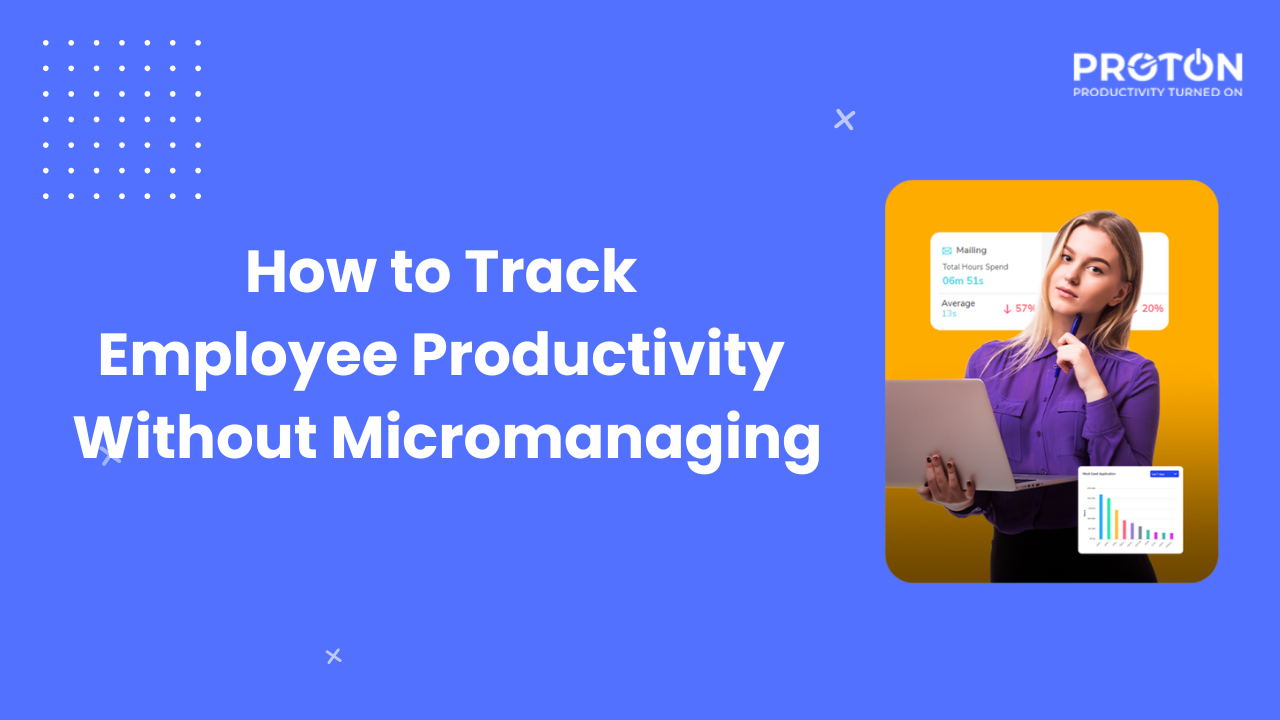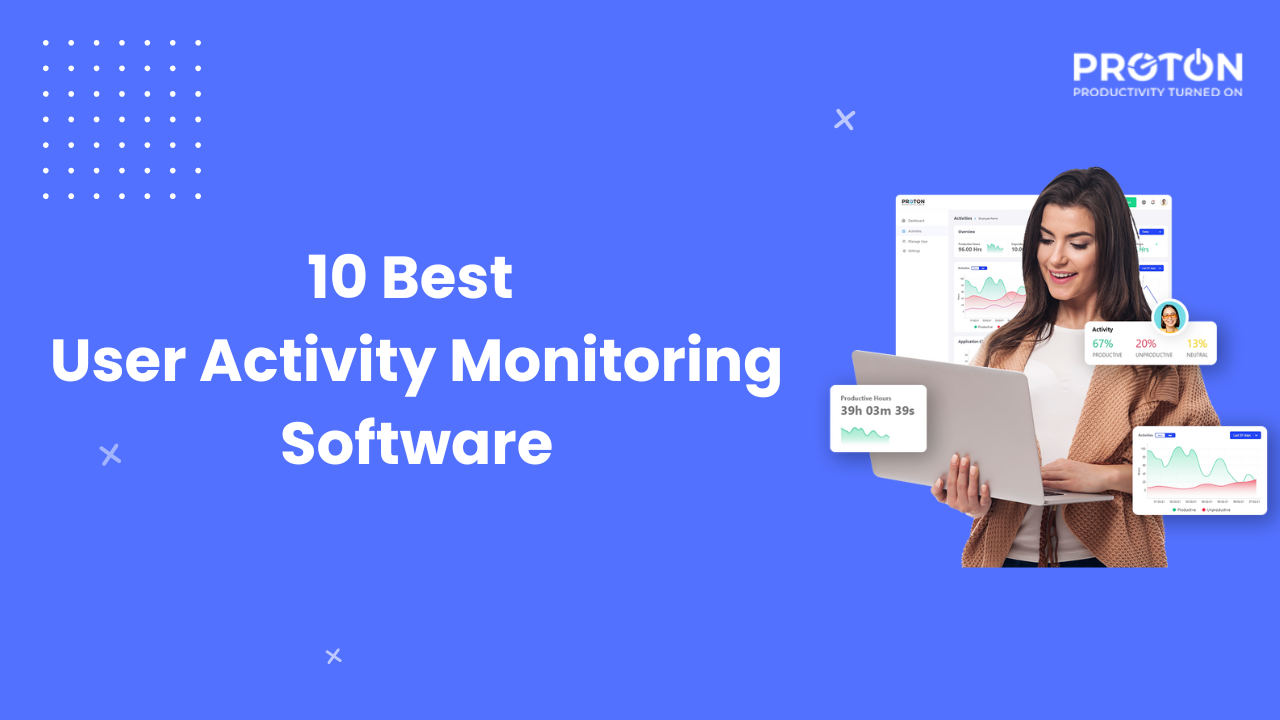It’s Monday morning, your inbox is overflowing, and meetings are back-to-back. You also have to leave on time for dinner with family.
Sound doable?
Yes, for anyone who knows how to manage their time smartly in the workplace.
What is time management?
We all have 24 hours a day to get our work done. Then how do some people achieve so much more than others in the same time?
The simple answer is good time management.
Time management is essentially planning and organizing how your workday looks to maximize productivity. In other words, get more done in less time. Think of Eisenhower’s matrix, the urgent/important principle. It says the least important and not urgent task should be at the bottom of your to-do list. It essentially means you classify your everyday tasks based on their level of urgency and importance. This concept directly prompts better management and allocation of your time at work.
Why is time management important in the workplace?
While the importance of time management in the workplace is glaringly apparent, many of us don’t clearly understand its impact on our professional and personal aspects of life.
Here are a few reasons why is time management important in the workplace:
Improves performance
When your work is planned and not rushed, the quality of your work improves. So does your performance and reputation as an employee. Managing your time well means you give each task the deserved attention without juggling between them.
Reduces stress
Unless you organize and manage your time, you’re likely always racing against deadlines and overwhelming workloads. Planning helps you space out work, take breaks, and set realistic deadlines, reducing the last-minute rush and stress that comes along.
Improves work-life balance
Quoting the GenZ mindset, we work to live and not the other way around. Good time management in the workplace will ensure you have enough time and energy for personal interests, relationships, and, most importantly, self-care.
Enhances decision-making and self-confidence
Good decision-making requires review and reflection on past learnings and outcomes. And such analysis needs time. Effective time management gives you the extra hour to evaluate options, consider critical details, and make sound and deliberate decisions.
Reduces procrastination
Having a structured routine at work means you have a clear roadmap of the tasks you need to work on and their deadlines. This will make it harder to put off the tasks for later and instead create a sense of urgency to complete them. Procrastination can also be linked to anxiety about pending tasks. When you have a clear plan and schedule in place, you’ll likely not feel overwhelmed by it anymore.
Improves ability to realize deadlines
Goals provide us direction and timelines to work within. One of the ways to manage time effectively is to set short and long-term goals. Short-term goals can be breaking down a bigger task into smaller parts. It will make the task more manageable and systematic, ultimately helping meet deadlines.
What are the 5 benefits of time management?
Planning your time also has a few other upsides like:
Fosters a positive work environment
Effective time management means fewer panic situations and more smoother collaborations. This work culture creates a sense of shared success and fosters teamwork.
Encourages personal growth
Time management at work opens up space for personal growth and development. You can allocate more time to learning new skills and hobbies, giving you a more fulfilling experience personally and professionally.
Improves focus and concentration
When you’re not constantly worrying about what to do next, you can pay attention to the task. It leads to focused work and better quality.
Reduces burnout
As an employee who knows how to manage time and pace work, you’ll prevent overworking. So, you’ll be less likely to find yourself in a dreaded state of mental and physical exhaustion from prolonged stress.
Increases creativity
No more looming deadlines means you have the mental space for creative thinking. It has the freedom to explore and come up with new ideas.
How to improve time management in the workplace (5 tips)
Track your time
The first step in managing your time is to know where you spend the most of it. Track the time you spend on productive work vs. hours you spend scrolling social media apps.
Doing this will reveal the areas that are eating up most of your time and taking away from more important tasks. You can use tools like Toggl and RescueTime for this.
Follow a regular schedule
Plan your day. Allocate specific hours for each job. Create a balanced schedule that includes time for tasks and also for breaks and personal activities.
Most of us overcommit without realizing the actual time a task can take. So, evaluate how long it can take and set realistic deadlines.
Prioritize tasks
Go back to the Eisenhower matrix we talked about earlier. Use it to build your to-do list and focus on what needs your immediate attention.
Categorize your tasks as:
- Important and Urgent (Do First): These tasks require immediate attention. These may be ones with approaching deadlines and handling crises.
- Important but Not Urgent (Schedule): These are important for your long-term goals but don’t require immediate action. Use this category for tasks that include planning, strategizing, and networking.
- Not Important but Urgent (Delegate): These are less important but need to be done soon. Ask someone to help or take it up for you.
- Not Important and Not Urgent (Eliminate): These activities are currently low-value. Eliminate them.
Don’t multitask
One task at a time. Multitasking means you divide your attention between multiple tasks at the same time. This is a recipe for disaster because it spreads your resources thin and will likely increase the possibility of errors.
Organize and use tools
Use calendars and time management tools to keep your workspace and time organized. These will help you maintain your task list, meetings, and deadlines and allow you to stay on top with regular reminders and notifications.
User tools like Proton to get screenshots of employees’ systems at random intervals to analyze time utilization.
Conclusion
Most high achievers know the importance of prioritizing tasks at work based on importance and urgency. With good planning and scheduling, you’ll become more productive and focused at work.
But remember, these are not one-size-fits-all strategies. Understand your limitations, lifestyle, and what your work demands, and tailor your time to meet your personal needs. Find out what works best for you, and consistently apply those methods.


